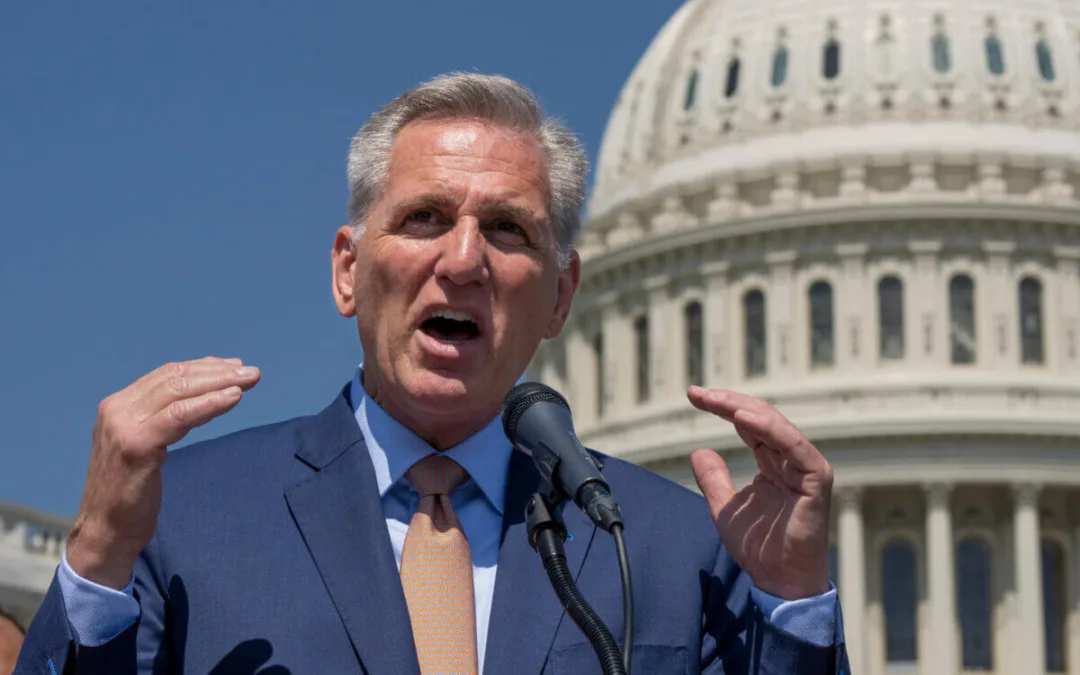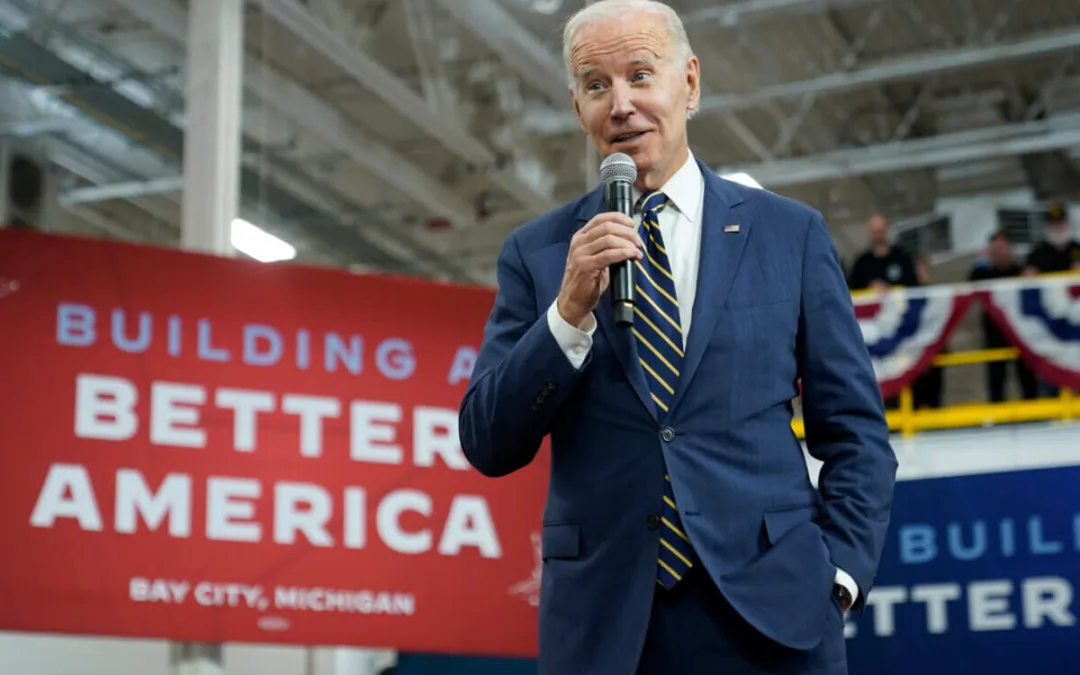
Image via AP Photo/Cliff Owen
For its indispensability, Amazon is the perfect e-commerce company during a pandemic, and thanks to COVID-19 sales have rocketed. But what happens to small businesses struggling to survive this crisis?
Amazon is one of the big corporations benefiting from this crisis. As reported by Comparisun, Jeff Bezos could be the world’s first trillionaire by 2026. The predictions come after analyzing how his net worth has been growing by 34% on average.
For its indispensability, Amazon is the perfect e-commerce company during a pandemic, and thanks to COVID-19 the corporation’s sales have rocketed. As soon as the World Health Organization declared the coronavirus as a global and highly contagious disease, consumers turned to the web for household essential supplies, groceries, streaming, gaming, and pretty much anything they might need during the quarantine.
Securing a revenue of $75.5 billion in sales just the first quarter of 2020, as reported by The New York Times, Bezos said his company is not doing small-scale approaches during the coronavirus. “If you’re a shareowner in Amazon, you may want to take a seat, because we’re not thinking small,” he said.
Big Fish in a Small Pond Situation
When lawmakers approved the Coronavirus Aid, Relief, and Economic Security (CARES) Act — a package that allocates 2.2 trillion dollars to address the public health and economic crisis brought on by the pandemic — small business companies (any organization with fewer than 500 employees) had to their disposal $377 billion. But did that actually happen?
According to the breakdown provided by the Committee for a Responsible Federal Budget, a total of $366 billion will provide support, issue, and guarantee loans to small businesses; offer loan forgiveness for funds spent on payroll, rent, mortgage interest, and utilities, $10 billion to provide emergency grants for small businesses and $1 billion to issue grants related to small businesses and entrepreneurial development.
However, this small-business lending program benefited companies like Shake Shack Inc., and other major foods and hotel chains, plus oil and gas firms, while small companies nationwide are still struggling to get a loan or relief money.
RELATED: PHOTOS: Latino Business Owners Struggle to Stay Afloat
While local supermarkets are cutting off staff and increasing their prices as a way to stay afloat due to the lack or inexisting economic help, Amazon’s supermarket chain, Whole Foods, reported a boost in the sales of its physical stores in an 8 percent, and a growing in the demand of grocery delivery in more than 60 percent.
According to NBC News, Amazon’s 2018 annual report revealed that “58 percent of the marketplace is made up of third-party sellers, many of whom are small businesses,” however, the overall cost for selling on the platform can easily add up, especially when there is a pandemic and you sell coveted items.
A Jungle Scout study shows that out of the 2.5 million sellers currently active in the marketplace, those with Individual Accounts pay $0.99 per item sold, while the Professional Sellers Account pays $39.99 per month. But why don’t sellers try to boost their revenue outside Amazon? Simply because Amazon’s popularity is indisputable. As the most popular shopping app across the nation, sellers can have more exposure and their chances to sell might be higher.
“Amazon is skimming off a growing share of the revenue and, in many cases, revenue that it didn’t earn just because it’s this powerful gatekeeper and everyone has to pay the toll,” said Stacy Mitchell, co-director of the nonprofit organization Institute for Local Self-Reliance, to NBC News.
According to the media outlet, Amazon has also been accused of competing against its third-party sellers, and lawmakers are investigating the company’s behavior. “Absent government intervention, they’re definitely going to be in a more dominant position,” said Shaoul Sussman, a legal fellow with the Institute of Local Self-Reliance. “Brick and mortar have been pummeled by this outbreak and we don’t know in what form they’ll re-emerge … who is going to make cuts? I doubt it’ll be Amazon.”
Although there is no evidence that shows that the multinational conglomerate technology company received financial aid, the CARES Act is giving major tax cuts to businesses. A total of $241 billion will be to loosen caps imposed under the Tax Cuts & Jobs Act on interest deductibility and operating losses, offer payroll tax credits for businesses that retain workers at a loss, and delay employer payroll tax payments from 2020 to 2021 and 2022.
Politics

Teamsters and UPS Reach Tentative Deal to Avoid Strike, 340,000 Workers to Get Raises
The tentative deal represents a huge win for full- and part-time UPS Teamster workers, who would get significant pay raises and better working...



One Republican Senator Is Blocking 265 Military Promotions, Leaving the Marines Without a Confirmed Leader
Sen. Tommy Tuberville's decision means these military officers are not getting the pay raises they’re owed, cannot move their families to wherever...
Local News



Teamsters and UPS Reach Tentative Deal to Avoid Strike, 340,000 Workers to Get Raises
The tentative deal represents a huge win for full- and part-time UPS Teamster workers, who would get significant pay raises and better working...



One Republican Senator Is Blocking 265 Military Promotions, Leaving the Marines Without a Confirmed Leader
Sen. Tommy Tuberville's decision means these military officers are not getting the pay raises they’re owed, cannot move their families to wherever...




